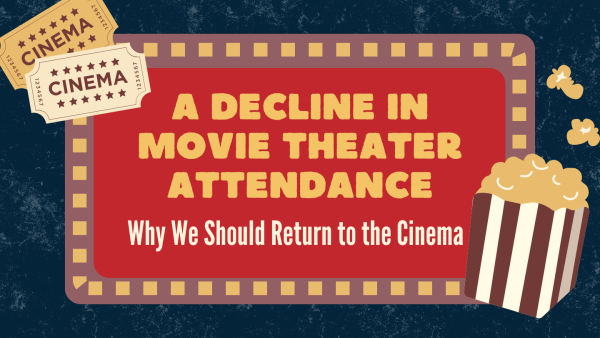The Removal of Confederate Monuments: A National Argument
In recent news, many cities throughout the American south have removed statues and monuments dedicated to the Confederacy. This has caused widespread controversy and debate throughout the nation.
Photo by Creative Commons
Lee Circle, New Orleans was at the center of criticism after removing the monument to Confederate General Robert E. Lee.
With the removal of the statue of Confederate General Robert E. Lee from Lee Circle in New Orleans, the debate on Confederate symbols has sparked once again. The controversy came about in June of 2015, when South Carolina, the first state to secede from the union, pulled the Confederate flag down from their state capitol grounds after the white supremacist who caused the Charleston church massacre, Dylann Roof, was pictured holding the flag in multiple photos.
While the South may not have won the war, they were able to control the Solid South with Jim Crow laws and black codes, most of which had lasted up until the civil rights movement in the mid-twentieth century. Many monuments were built and put up in the South after the Civil War ended. The problem is with these Confederate symbols is that these aren’t just innocent reminders of history: many view these as symbols of hatred and racism, and they will never stop representing this.
Many Southerners have come out in defense of these symbols as important to the Southern tradition and culture. They refute the idea that the flag was ever a symbol of racism, instead a symbol of support for the men who died in an effort to protect the South from the tyrannical government led by the North. The Confederate soldiers were men who died for their culture and should be honored for their bravery. It has been argued that this is strategically ignoring the fact that the main reason the Confederacy’s attempt to secede from the Union, beginning the war, was to protect their right to own slaves.
Much of the controversy stems from the idea that when black Americans in the South see these symbols, they are reminded that they were once enslaved by the white Americans they share jobs, schools, and public facilities with. The argument to remove the monuments is one of sensitivity: in 2017, should a black American drive by their state’s capitol building, walk into their nearest shop, and visit their favorite park only to see a Confederate flag or a Confederate monument, and be reminded of its dark history?
There’s a difference between remembering history and honoring history. We remember Adolf Hitler, but he would never be publicly honored. Many people wonder why our country would still hang Confederate flags and honor generals like Lee and Davis for fighting for their right to own slaves and their unmistakable racism. We don’t honor the Nazis who nearly exterminated the Jewish people of Eastern Europe. There are no monuments of Adolf Hitler in public places. The swastika isn’t marketed in stores. Nobody reenacts the Holocaust on weekends. If we can grasp that these images and individuals should not be honored, many Americans continue to ask: why are so many people in our own country unwilling to understand that waving the Confederate flag isn’t a Southern tradition but an act of hatred.

Adelphi Quill Award Winner - 3rd Place, Most Outstanding Reporter (2018)
Grade 12
"You can never be overdressed or overeducated." - Oscar Wilde







Gerald Goodman • Mar 24, 2019 at 8:34 pm
Taking down the Confederate Monuments give people no reason to go visit that State. When they want their kids to learn the History.